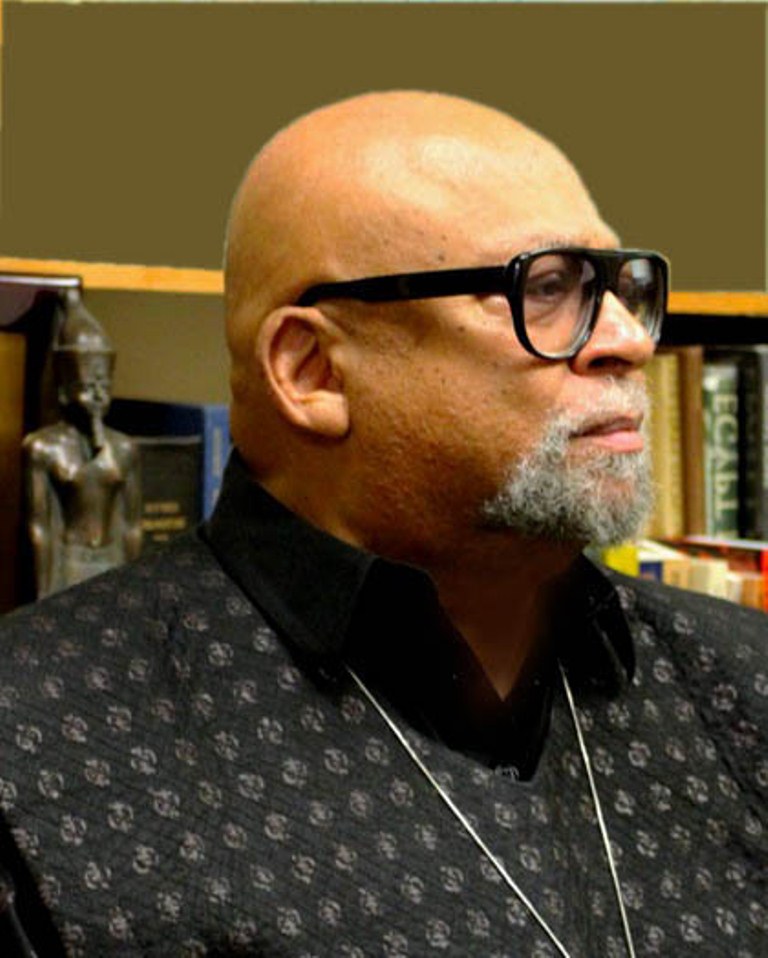
Meditating on the Meaning of Struggle: Valuing Our Inward and Outward Striving
In reaffirmation. Those of us who still wage righteous and relentless struggle inwardly and outwardly to live a liberated, good and meaningful life will continuously find invaluable sources for grounding and growth in the enduringly relevant and deeply insightful sacred teachings of our ancestors found in the Odu Ifa, especially in this critical time.


